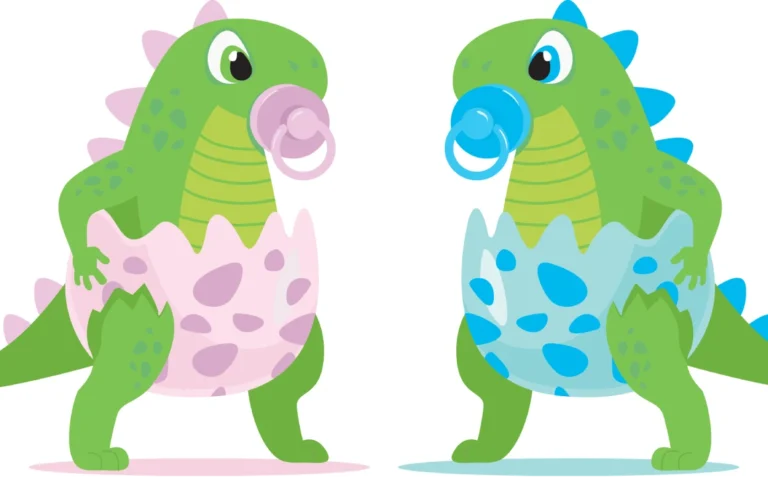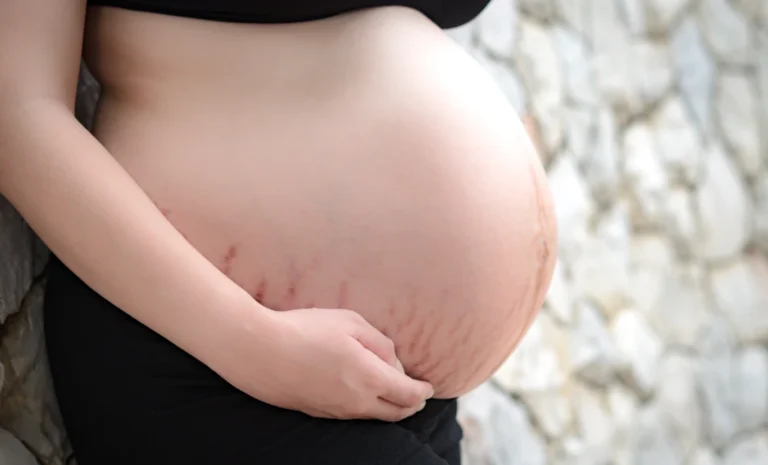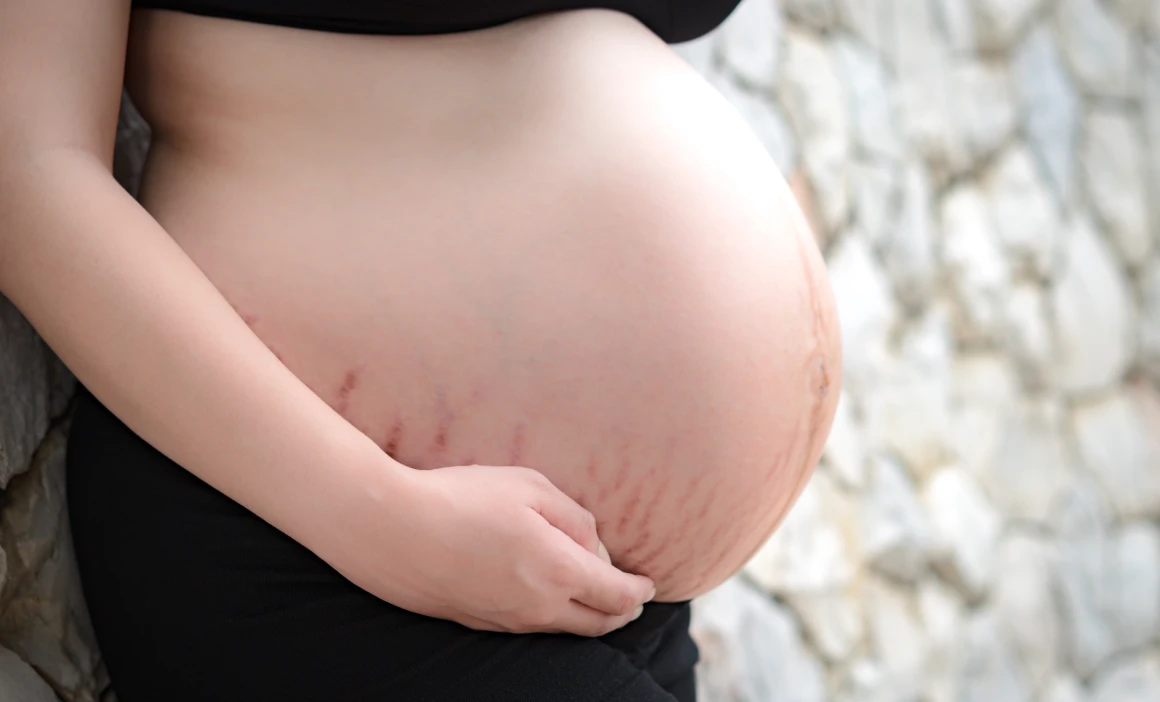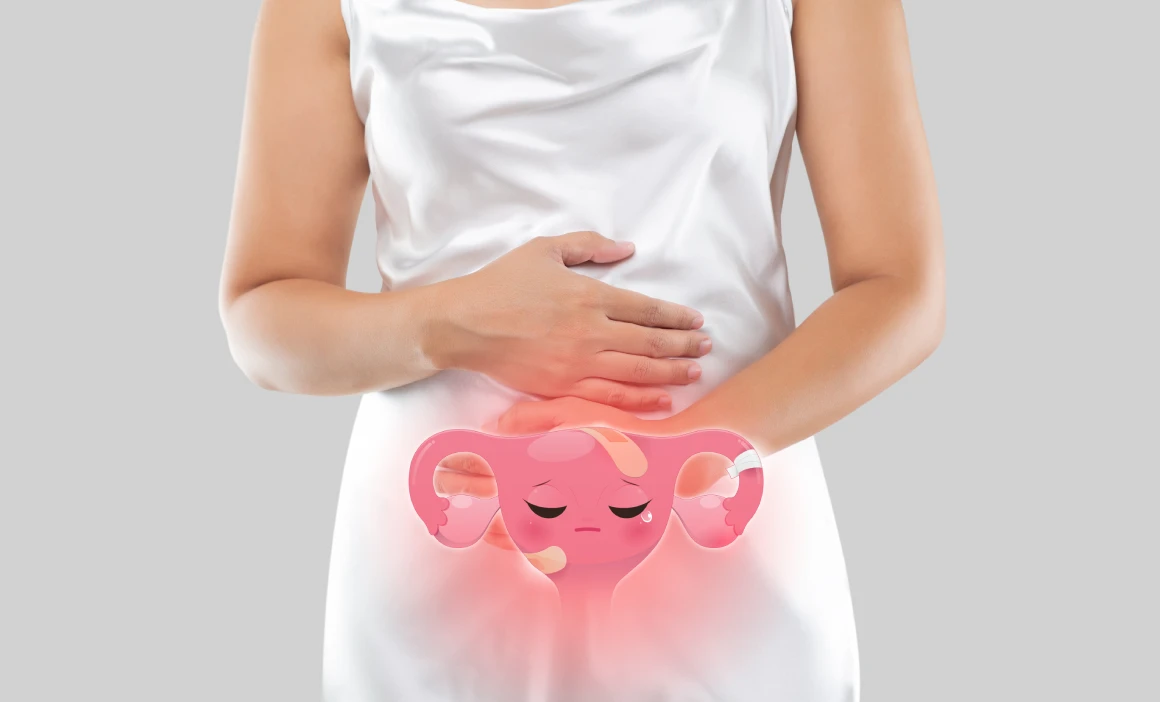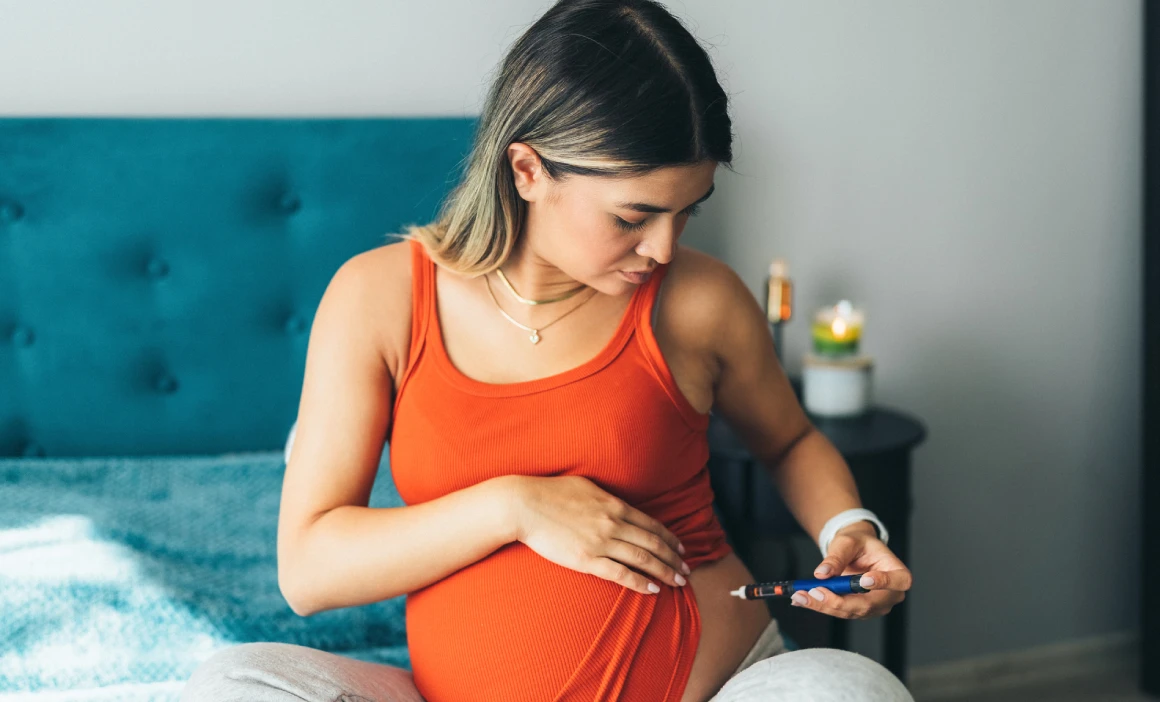
The Impact of Egg Count on Fertility: A Lifelong Guide for Women
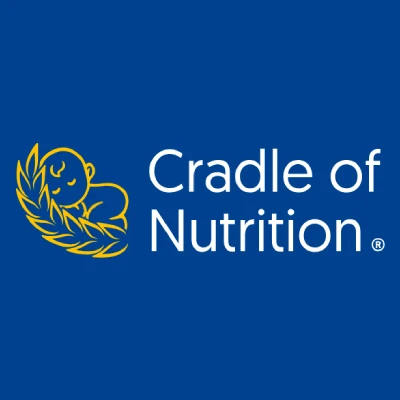
Cradle of Nutrition
- 3 minutes read
Understanding how fertility changes over time is crucial for women who are planning their families or considering fertility preservation options like egg freezing. The egg count — the number of eggs a woman has in her ovaries — plays a significant role in conception, making it important to understand how it changes throughout your life. This guide will help you navigate the key milestones in your fertility journey and explain why this knowledge is empowering.
1. The Beginning: Birth – The Peak of Egg Count
At birth, a baby girl is already born with around 1 to 2 million eggs in her ovaries. This is the highest egg count she will ever have. These eggs are still in their immature stages, but they represent the beginning of her fertility journey. Over the next few years, egg count decreases, and by puberty, it drops to 300,000 to 400,000.
2. Puberty: The First Milestone – A Steady Decline
By puberty, the body has fewer eggs. The egg count has already begun to decline, and the remaining eggs will start to mature each month. Only one egg will typically be released during each menstrual cycle, while the others will gradually decrease in number.
3. In Your 20s: Peak Fertility – The Sweet Spot for Conception
Your 20s are considered the prime time for fertility. The egg count remains relatively high, and egg quality is at its best. Women in their 20s have a significantly easier time conceiving, but egg count is still naturally declining.
4. The 30s: The Turning Point – Declining Egg Quality and Fertility
Starting in your 30s, fertility begins to decline, and by age 35, the egg count drops to around 25,000 to 30,000 eggs. In addition to a reduced number of eggs, egg quality also decreases. As a result, the chances of conceiving naturally start to diminish, and it may take longer to get pregnant. However, treatments like IVF and egg freezing can help women in this phase.
5. The 40s: The Challenge – Rapid Decline in Fertility
By age 40, the number of eggs drops dramatically. The chances of conceiving naturally are significantly lower. While pregnancy is still possible, assisted reproductive technologies (ART), such as IVF and egg donation, often become necessary to achieve pregnancy.
6. Menopause: The End of the Road for Natural Conception
Menopause signals the end of your reproductive years. By this point, your ovaries have very few eggs remaining, and natural conception is no longer possible.
Why Understanding Egg Count Matters for Fertility
Understanding how egg count declines over time is crucial for informed family planning. Here’s why it matters:
- Informed Family Planning: Knowing when egg count begins to decline helps women make better decisions about when to start a family.
- Fertility Awareness: Early awareness of declining fertility can encourage women to seek fertility preservation options like egg freezing if they wish to delay having children.
- Exploring Fertility Treatments: Assisted reproductive technologies (ART) like IVF are important options to explore, especially for women in their 30s and 40s.
Key Takeaways:
- Your egg count is at its highest at birth, and declines gradually over time.
- Fertility is at its peak in your 20s, with the best egg quality and highest chances of conception.
- By age 35, fertility starts to decline, with a sharper drop after age 40.
- Understanding these changes can help you make proactive decisions about family planning and fertility preservation.
The decline in egg count is a natural part of a woman’s life, but understanding this process can help you make the best decisions for your reproductive health. Whether you’re planning your family now or considering fertility preservation for the future, knowing the facts about egg count and fertility is empowering. If you’re unsure about your fertility or looking for options, a consultation with a fertility specialist can help guide you through your journey.
By Erika Barabás
Related Posts:

